Highlighting Australia
- As a proudly Australian initiative, we’re excited to showcase a collection of Australian stories, music, tributes and more.

Join activities, celebrations, study groups, spiritual empowerment and education programs for young people, and more.
Baha’i beliefs address essential spiritual themes for humanity’s collective and individual advancement. Learn more about these and more.

Featured in: Highlighting Australia
As a proudly Australian initiative, we’re excited to showcase a collection of Australian stories, music, tributes and more.
Warning: This article features photographs of people who have since passed away. This warning is provided as a courtesy for Aboriginal people and Torres Strait Islanders who may find this distressing.
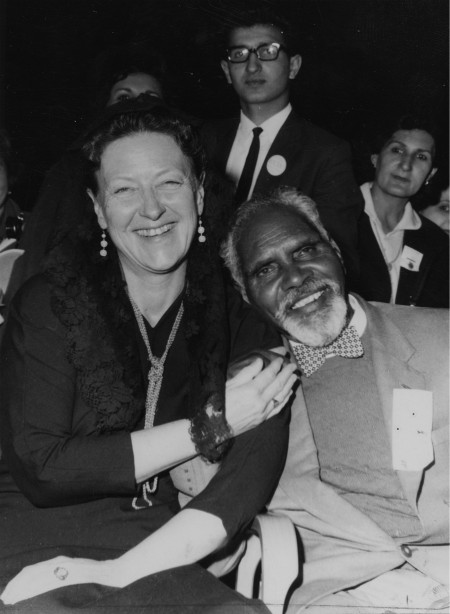
In honour of the centenary of the Baha’i Faith in Australia, I wanted to share a tribute to one of Australia’s first Aboriginal Baha’is: Fred Murray (1884-1963), who was also known by his tribal name, Birria, and who is warmly remembered by Baha’is around the world as Uncle Fred. He was a stockman, fruit picker, and riverboat man of the Murray River best known for his acceptance of the Baha’i Faith in 1961 and for travelling to the first Baha’i World Congress in London in 1963.
I feel blessed to have known his story ever since I was a teenager after purchasing a pamphlet (no longer in print) on the grounds of the House of Worship in Sydney in 1985; in it Fred Murray’s life was shared in a transcribed testimony as told to his friend, Howard Harwood, a former Australian Counsellor and Auxiliary Board member. This pamphlet is one of the earliest examples of a storytelling ‘reconciliation’ project created to build a bridge between Aboriginal and Australian peoples. It inspired me to research further into his life and seek out more stories, documents and photographs.

The pamphlet shares that Fred Murray did not know either of his parents as they died when he was very young. He was raised, along with one brother, George, by a kind-hearted white foster mother on a station they were camped by.1 As a young boy, he and George were put to work in arduous and trying conditions full of hardship and cruelty. Nevertheless, he knew all his life that he was of the Mirning Yirkala2 and that most, if not all, of his people were poisoned in a dispute over a water bore on the station (Fred learnt that a water trough the tribe used was deliberately poisoned with strychnine).3
Whilst no more than ten years old, Fred and George escaped the station, journeying over 1,000 kilometres across the Nullarbor from Western Australia into South Australia. They eventually reached Yalata station. There they lived with a family called Murray. Fred gained a respect for Christianity, as lived by this kind family, and he and George adopted their last name. Fred and George then met the Crowder brothers, who they worked with, laying fences, looking after horses and camping under the stars. Fred’s brother passed away when relatively young, possibly in his mid 30s, which precipitated Fred’s move to South Australia to the Swan Reach Mission. He came to live at the Mission through the assistance of Norman Tindale (a well-known anthropologist), who became a lifelong friend.
Murray never drank alcohol or smoked, and spent his life connecting with the song lines of other Aboriginal peoples, especially those of the Murray River in South Australia. In South Australia, he married Winnie Reed. They had nine children, however due to poor living conditions and constant flooding on Swan Reach Mission only three survived to adulthood, Annette, Rhonda and Fred Junior.
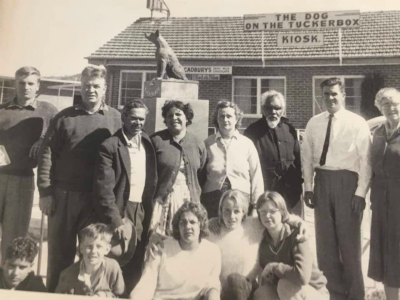
At one point, life on Swan Reach Mission was so inhabitable that most of its residents were transferred to Gerard Mission. I believe it was during this time that Fred’s wife passed away, and his life became increasingly difficult. He was forcibly moved in to single men’s quarters and his children were separated from him, an unfortunately common practice on missions where it was deemed that a family was unsuitable without both parents. It was at this time that he met Howard Harwood, a descendent of the Crowder brothers. Howard visited many communities in the country and the missions near where he lived to share the teachings of the Baha’i Faith. One day, when life on the Gerard Mission became beyond unbearable, Fred walked several kilometres to Howard’s family farm at Renmark, in the pouring rain, to seek asylum. This was at the time when Aboriginal people were unable to live where they wanted. Howard did all the necessary legal paperwork to enable Fred to live in a Nissen hut on his property and Fred never had to return to the Gerard Mission. His son Fred Junior and daughter-in-law later came to live with him at the Harwoods’ as well.
Fred came to know other Baha’is, such as Madge and Maurice Williams, and Hand of the Cause Collis Featherstone. He became a Baha’i at a large gathering of Aboriginal Baha’is, with special guest Gertrude Blum, a Baha’i pioneer to the Solomon Islands, at the Williams’ house in Murray Bridge. They often hosted meetings like this and were firm friends with many Aboriginal families. Fred was especially good friends with Harry Carter, who he had worked with in the past but whose friendship was renewed at the Williams’. Harry was present the night he declared and the two of them shared stories late into the night. In 1962 Fred, the Harwoods and Dr Muhajir, a Baha’i counsellor with an affinity for Indigenous people globally, went travelling to share about Baha’u’llah with Aboriginal peoples. On that the trip they also visited Harry, and Fred and Harry spent time talking with Dr Muhajir.
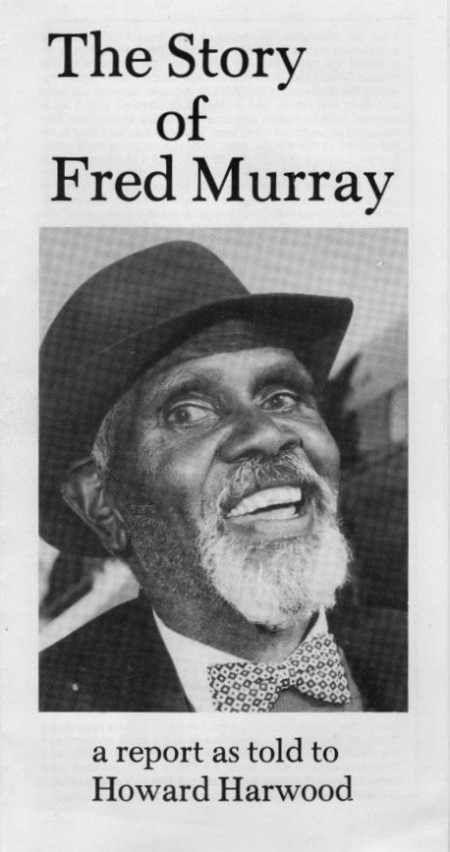
Fred, along with several other South Australian and Aboriginal Baha’is, attended the opening of the Baha’i House of Worship in Sydney, as well as a meeting at Port McLeay with Amatu’l-Baha Ruhhiyih Khanum. At this meeting, he taught her to throw a boomerang. Ruhiyyih Khanum later cosponsored Fred’s trip to the World Congress in London and he sat alongside her in the audience. Due to his age and health and because he was unable to read and write, he travelled with Margaret Bluett to London. His trip attracted news headlines in Australia.
Fred was invited to address the London gathering and made a lasting impression on this congress with his heartfelt astounding life story of resilience and courage. I don’t have access to his whole address but according to Margaret Bluett, he began by stating, “I have come like a giant kangaroo across the world to stand on this stage and tell the world how happy I am to be a Baha’i.” In other accounts he said, “When I was a baby my people died, I thought I have no people! But now I am a Baha’i, you are all my people”.
Upon his return to Australia from London, Fred wanted to spend more time sharing the story of Baha’u’llah with Aboriginal people and the story of Aboriginal Australia with Baha’is and he especially wanted to travel to central Australia. He moved to Adelaide to prepare for these journeys but passed away shortly after. However, Fred and Howard’s creation of a life story pamphlet did lead to him being able to achieve his dream of encouraging Aboriginal and other Australians to connect and understand each other more. It inspired my own personal journeys to build friendships with Aboriginal peoples and it has inspired Fred’s great-granddaughter and other family members to learn more about what the Baha’i Faith is about. We are working together so that more people can understand his life and together become the keepers and sharers of his story for future generations.
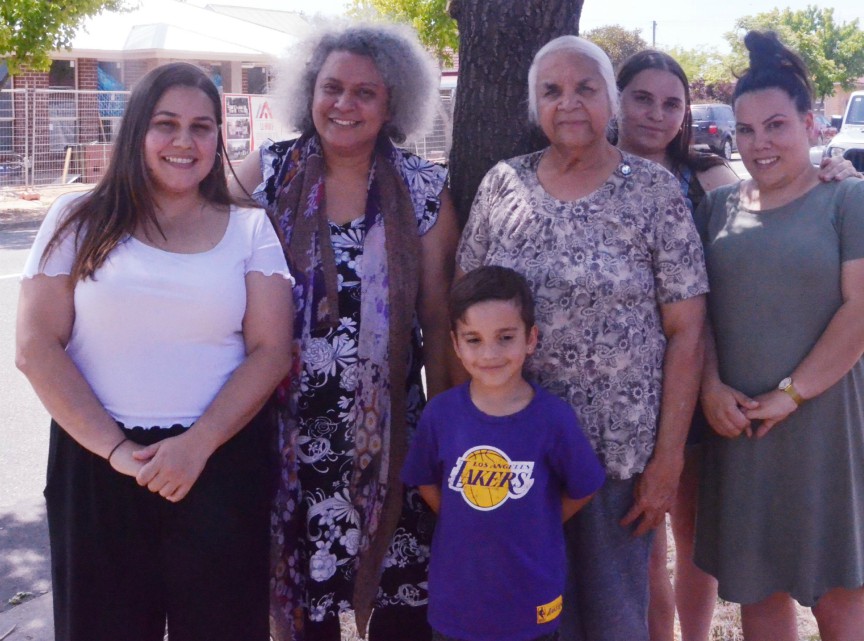
"*" indicates required fields
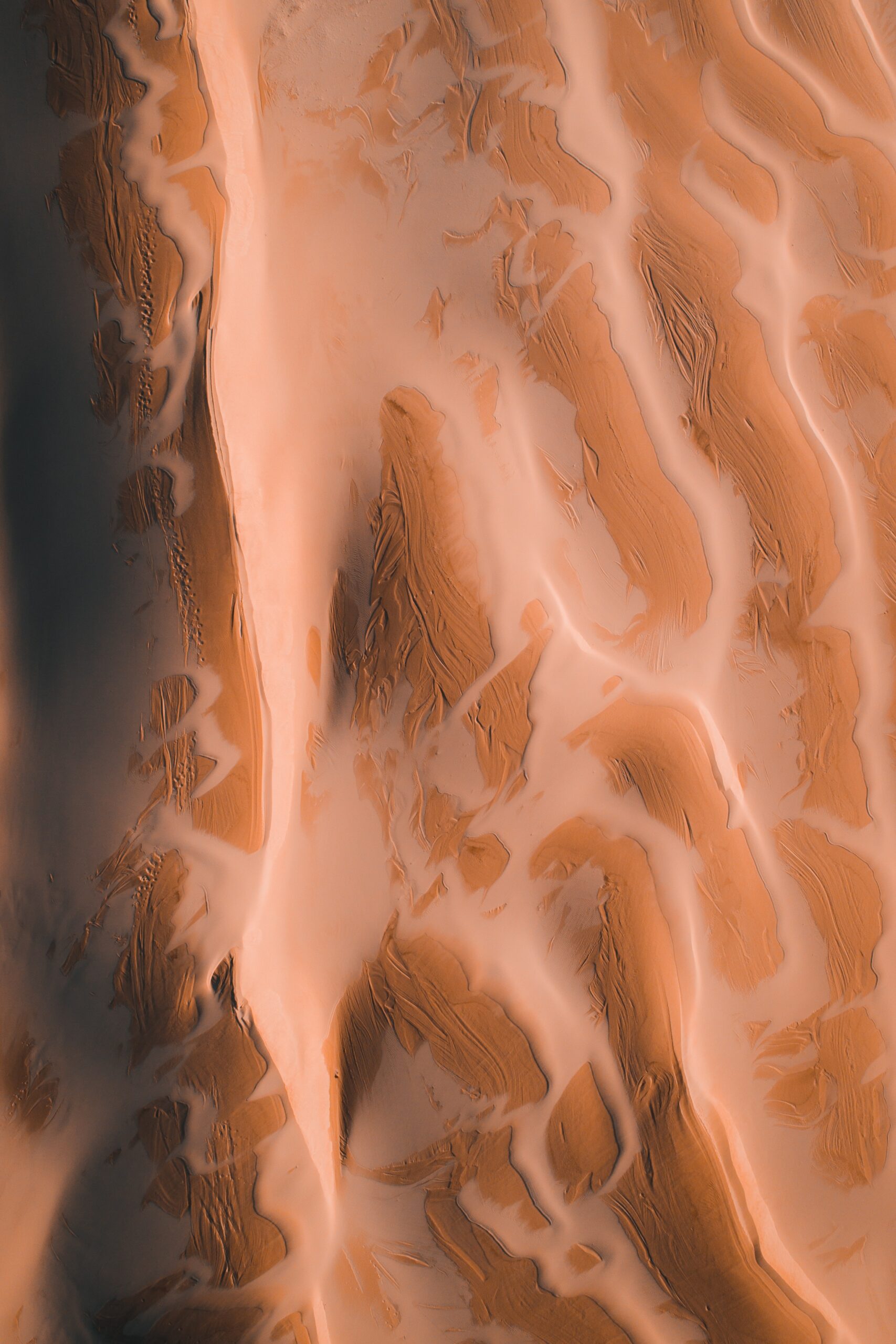
We recognise their continuing connection to land, waters and community. We pay our respects to Aboriginal and Torres Strait Islander people and their cultures; and to elders both past and present.
The views expressed in our content reflect individual perspectives and do not represent authoritative views of the Baha’i Faith.

Visit the site of the
Australian Baha’i Community
and the Baha’i Faith Worldwide
Notifications
Quite inspiring. The strength of oppressed people.
Delores allen (April 4, 2020 at 5:18 PM)
It is Delores. Gives me strength when undergoing tests to think about what Uncle Fred went through.
June Perkins (April 4, 2020 at 10:52 PM)
Thank you, June, for this well-researched, well-written and inspiring article.
How fitting it is that in the centenary year of the Australian Baha’i Community we have this opportunity to learn so much about Uncle Fred.
Michael V. Day (April 4, 2020 at 11:20 PM)
That means a lot from such a great historian of the Shrine of the Bab.
June Perkins (April 4, 2020 at 10:51 PM)
I was at the First Baha’i World Congress in London in 1963. The message of Uncle Fred was so inspiring. From the podium, he looked out over the audience of over 7000 Baha’is from around the world, many in cultural dress, and said, “Look at all the colours, all the flowers, God’s garden.” He got a standing ovation. His picture was on the front page of the London Evening Standard. This was one of my favorite takeaways from the Congress.
Dr. R W Thomas Garraway (April 4, 2020 at 11:59 PM)
hi Tom – so great that you could offer June this reminiscence
Graham Hassall (July 7, 2020 at 1:12 AM)
Thank you so much! I was at the London Congress as well and remember “Uncle Fred” vividly!
Gisela vono Brunn, Germany
Gisela von Brunn (April 4, 2020 at 10:10 AM)
Delighted to hear more from anyone who remembers the world congress in London. Some people have already contacted me with the remembrance of this event, and of Uncle Fred, including what he said when visiting Shoghi Effendi’s grave, and we also have some special photographs that will be going into a book, but the more the merrier, so thank you Gisela and Dr R.w – feel free to get in touch with me via my web pages.
June Perkins (April 4, 2020 at 10:50 PM)
What a wonderful account of Uncle Fred Murray for posterity. Future generations will enjoy reading his story. Thank you June.
Mariette Leong (August 8, 2020 at 6:19 AM)
Thank you so much for contributing to this research Mariette, and I look forward to hearing and connecting with more people who knew Uncle Fred, as teenagers, or children and amazing to have you all still with us to ask stories. I so hope we will find more Indigenous friends, and family to connect with as the journey continues. Love and respect. June
June Perkins (September 9, 2020 at 3:51 AM)